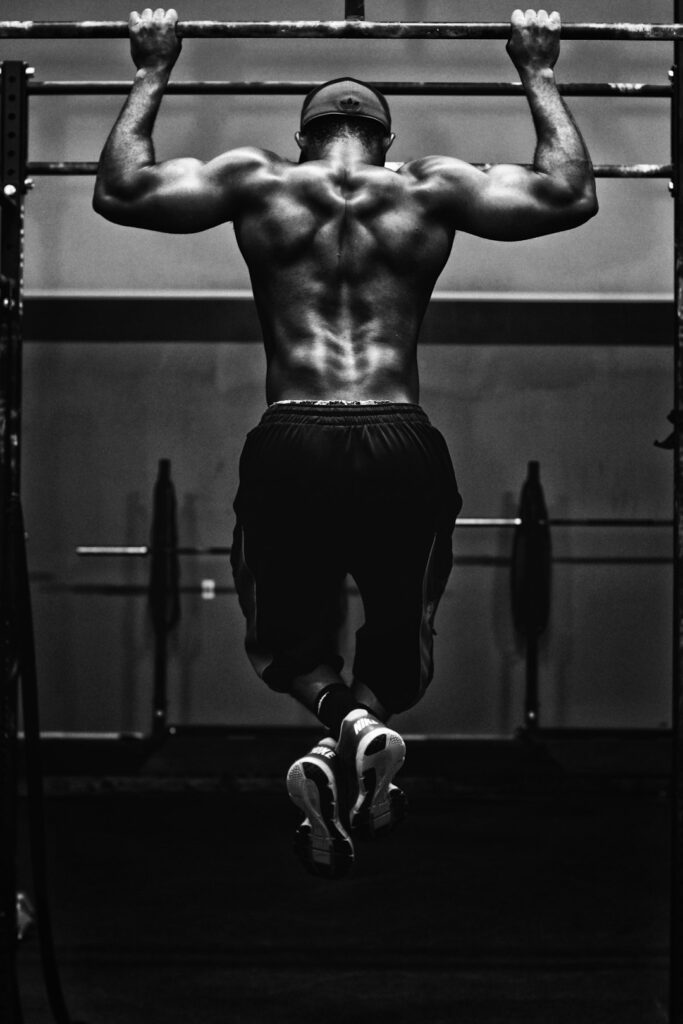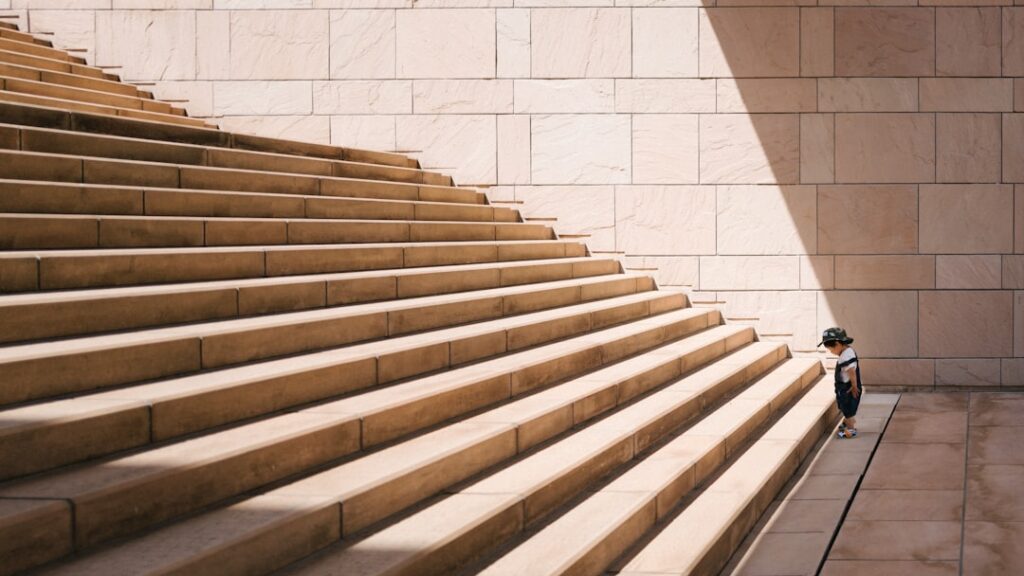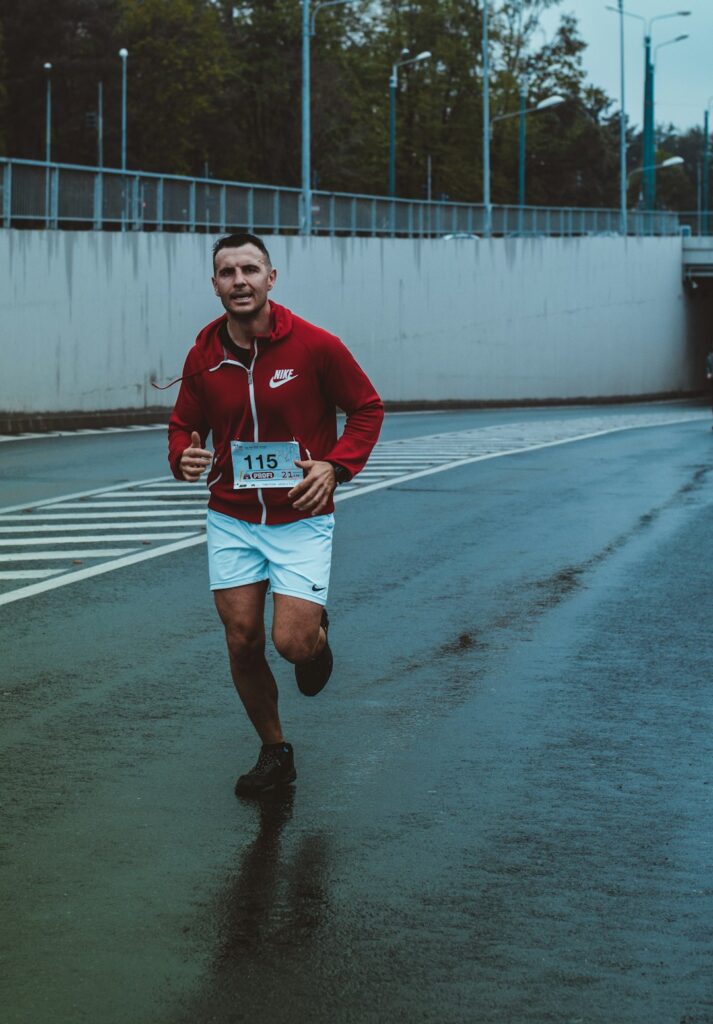Taking Philosophy back from the Philosophers
For a quick bit of context, I have for the vast vast majority of my life exercised regularly. Whether it was long-distance running, boxing, football, hurling, or cycling, I have ensured that my mental fitness is matched by my physical fitness. That is until the past few months when a combination of laziness, getting stuck in a rut and a hectic period in work caused me to lapse in this continued pursuit of sustained physical fitness. Having tentatively stepped back into the world of physical fitness and training, (I am not getting ahead of myself until I achieve a satisfactory degree of consistency), I have had time to reflect on the Stoic’s view concerning fitness and how it plays into the practice of Stoicism.

Exercise and discomfort
One of the first things you will realize when getting back into exercise (believe me I sure have of late) is that it is extremely difficult and uncomfortable to achieve gains in physical fitness. In strength training pushing one’s self to failure to maximize the gains from the exercise you are engaging in whether it is push, pull, legs, or whatever else, it’s not a walk in the park. In running forcing yourself to go for longer distances or to continually improve your pace per kilometer (or mile for a lot of you) it is not easy.
In this respect, the level of discomfort we put ourselves through will also play into the continued practice of Stoic principles. Voluntary discomfort has been practiced by a wide variety of Stoics down through the years, including Marcus Aurelius and Epictetus. Continually putting ourselves in situations that challenge us physically and emotionally, will aid in our personal development in myriad ways.
“Set aside a certain number of days, during which you shall be content with the scantiest and cheapest fare, with course and rough dress, saying to yourself the while: ‘Is this the condition that I feared?” – Seneca
Firstly it will show us just what we are capable of, our resilience, and how we can push through difficult situations. Secondly, it will highlight just how little we need to be happy. Having trained for a marathon I can attest to the fact that pushing through long runs in terrible conditions will bring the world’s widest smile to your face and not cost you a penny. Thirdly it will ensure that when difficult moments come to us over which we have no control, we are ready for the challenge. It will also ensure that should difficult and trying situations come our way, we will have built up our inner strength so that we can meet the challenge and not be daunted.

Practical fitness
The practice of Stoicism is tied up in practicalities and this is further reflected in how they would have viewed fitness and strength. To adhere to the tenets of Stociism is to ensure that we are of use to others, as we are all a part of the same greater whole. Therefore the Stoics would take issue with the vast majority of modern-day fitness influencers.
The Stoics exercised and attained sufficient degrees of physical fitness to be of greater use. To be strong in the instances where strength is necessary and to endure when such endurance is called upon.

However as is often the case nowadays many who go to the gym or run marathons, do so for the sake of their vanity. Bodybuilders who spend countless hours working out so as to attain a level of aestheticism which they deem satisfactory, do not do so with any degree of practicality in mind.
The Stoics would often view their lives as a form of battle, one that needed to be won. Sometimes the challenge would be of a lesser degree of severity and in other such instances it would be a much more difficult task. Therefore they needed to always be in fighting shape. To continually practice Stoicism and work for a better world, it would not be sufficient to merely exercise the mind, the body must also follow.
“The philosopher’s body also must be well prepared for work because often virtues use it as a necessary tool for the activities of life.” – Musonius Rufus
The Discipline of Exercise
To endure and continue on a physical journey without faltering, the most useful companion is that of discipline. Discipline will drive you forward long after motivation has faded. Discipline will push you through on the dark, cold mornings when you want nothing more than to lie under the sheets for another few moments. Discipline was also of the utmost import to the Stoics and is enhanced through continued and consistent physical exercise.
Exercise would therefore not only aid the Stoic practitioner in becoming more useful but also in developing their self-discipline. Waking up day after day, applying one’s self to the exercises that lay before you regularly to attain a given goal. Even when that goal has been achieved be it weight loss or the development of one’s strength it remains a challenge of maintenance from there on out.
Therefore the pursuit and maintenance of physical excellence provides the perfect crucible by which one can develop the self-discipline necessary to practice Stoicism in a meaningful way. Furthermore how we engage in the smallest matters is how we handle the most difficult of challenges with which life sets at our feet. As such the continuous challenge of physical exercise will ensure that we have developed the self-discipline necessary to tackle greater challenges as they arrive.
“We should discipline ourselves in small things, and from these progress to things of greater value.” – Marcus Aurelius
In accordance with nature
Just a small note here on living life in accordance with nature. Exercise is built into the human psyche and experience, we are not and never were designed for the lives that many of us office dwellers now endure regularly.
As such even on the tiniest intellectual point of Stoicism, it is vital that we live in accord with who we truly are. To get out there into nature and to use our bodies in a manner that our species has engaged in for time immemorial is so important. The impact it has on our mental health, even in terms of merely clearing the head and grounding us once more is phenomenal.

Concluding Thoughts
It is funny what comes from the beginning of a journey, isn’t it? As a writer, I find it absolutely necessary to go with my train of thought, so when an idea for an article comes to me I just have to get it all on paper. Elsewise I find it very difficult to come back to a piece and complete it. Such was the case with this article, so apologies in advance if it feels quite disjointed.
I began writing this piece late last week, unfortunately, due to time constraints I had to put it aside. However, as I continue to exercise consistently and build up my self-discipline I have noticed a change even at this early stage. I committed to returning to this piece no matter what and completing it. So it might not be my finest work but I still got there in the end and isn’t that what matters?

So what I would say is to be Stoic, be strong, and exercise regularly. The world needs scholars with the strength to do what they believe is right. To stand up and be counted in difficult times, however, to do so we must first forge ourselves in the crucible that is everyday life. We must take philosophy back from the philosophers and use it to make the lives of those around us better as warrior adherents in the pursuit of truly worthy causes.
We may start, we may falter but the journey matters so much more than the destination. The self-discipline we build now when things are easy (relatively) will see us through the darker periods when even getting up in the morning is a mountain to climb.
I have since joined Strava where I will be posting my continued exercise, so follow me there under the name Frank Ó’hÁinle. In that way, we can keep ourselves accountable and help in developing the self-discipline necessary to practice Stoicism as the sages intended.



